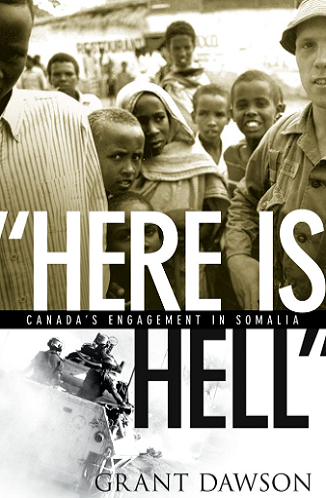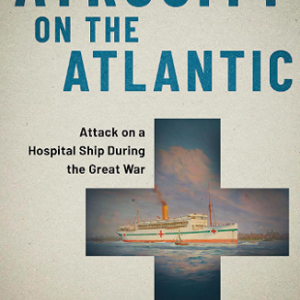For many Canadians, events during the mission to Somalia in the early 1990s remain a stain on our reputation as one of the world’s most respected peacekeeping nations. Grant Dawson’s analysis of political, diplomatic, and military decision making avoids a narrow focus on the shocking offences of a few Canadian soldiers, deftly investigating the broader context of the deployment. Dawson draws on interviews with key participants and documents made available under the Access to Information Act. He shows how media pressure, government optimism about the United Nations, and the Canadian traditions of multilateralism and peacekeeping all helped to determine the level, length, and tenor of the country’s operations in Somalia. His findings will undoubtedly play a seminal role in informing scholarly debate about this important period in Canadian diplomacy and military engagement. One of the first scholarly examinations of the Somalia operation, “Here Is Hell” will interest military and Canadian historians, policy analysts, political scientists, and those concerned with Canadian foreign, defence, and diplomatic history. It will undoubtedly play a seminal role in informing further scholarly debate on this important period in Canada’s military and diplomatic past.
| Country of Origin | Canada |
|---|---|
| Published | July 15 2007 |
| Publisher | UBC Press; Illustrated edition |
| Language | English |
| Available Formats | hard cover, paperback |







